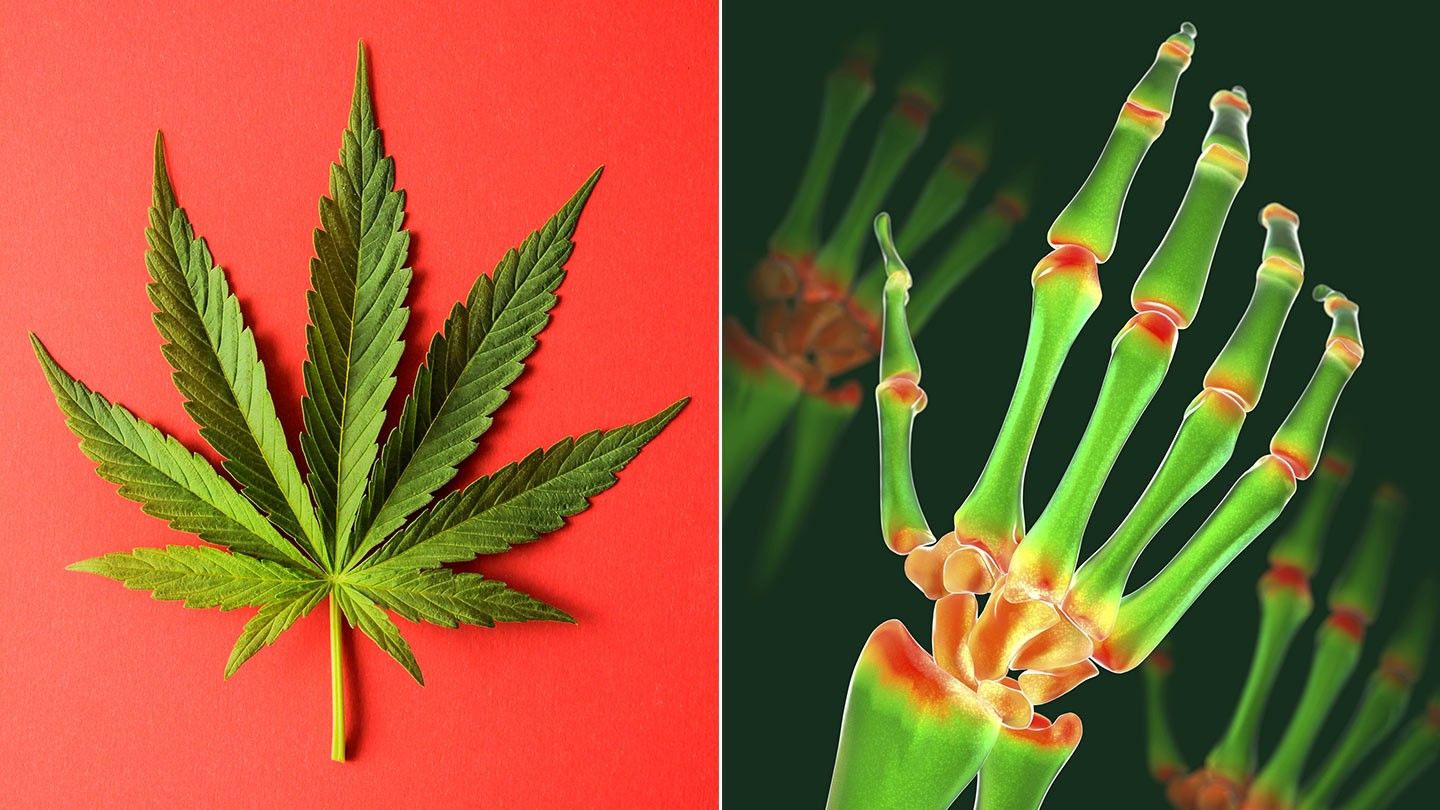Despite the legalization of medical marijuana in 28 states, mainstream scientific research has yet to back the idea of using it to treat the symptoms of rheumatic pain. A review of marijuana treatment studies published in Arthritis Care & Research in May 2014 concluded that the risk/benefit profile for herbal cannabis “is inferior to all other analgesic classes other than opioids,” and that there is a lack of scientific evidence showing that it helps reduce pain in people who live with rheumatic conditions such as rheumatoid arthritis. More Evidence of Risk Than Benefits Study author Mary Ann Fitzcharles, MD, and her colleagues wrote that while there is good evidence that cannabinoids can help with other chronic pain conditions — such as cancer and neuropathic pain — those pain types have “a different underlying mechanism” than rheumatic conditions. They also state that medicinal marijuana should
Who Uses Medical Marijuana for Pain? But people living with rheumatic diseases — conditions that affect joints and connective tissue, like rheumatoid arthritis — often endure severe pain, and many of them use marijuana. One study published in the September-October 2009 issue of the Journal of Opioid Management found that 80 percent of medical marijuana users in a U.S. pain clinic were using cannabis to treat myofascial pain — pain that affects muscle and tissue. Among medicinal marijuana users in Canada, 65 percent said they use medicinal marijuana for severe arthritis. The Case for Marijuana Use In Rheumatoid Arthritis Treatment And medical marijuana scientific advocates say there’s absolutely nothing wrong with that. “Chronic pain is a symptom of rheumatoid arthritis, and when it comes to chronic pain, we have 9,000 patient years of data showing that THC [the active ingredient in cannabis] effectively treats it,” says Jahan Marcu, PhD, chief scientific officer for Americans for Safe Access, an organization that works to ensure safe and legal access to cannabis for therapeutic use and research. “Cannabinoids stop the transmission of pain and decrease inflammation, and that’s very important for people with joint issues.” Specific Risks That Worry Rheumatologists But many rheumatologists remain cautious. Mahsa Tehrani, MD, a rheumatologist in Washington, D.C., doesn't recommend medical marijuana to her patients because of the dearth of reliable evidence — and the risk of mental and heart-related side effects. Some of these issues, such as depression and heart disease, are serious health conditions — complications for which people with rheumatoid arthritis already face an increased risk. “Given the known risks of psychiatric side effects as well as heart problems reported with marijuana, recommending this drug for rheumatic conditions seems questionable,” said Dr. Tehrani, who wasn’t involved in the 2014 review. If you live in a state where medical marijuana is available, have a conversation with your doctors to see if it’s a treatment therapy they would recommend for you.
